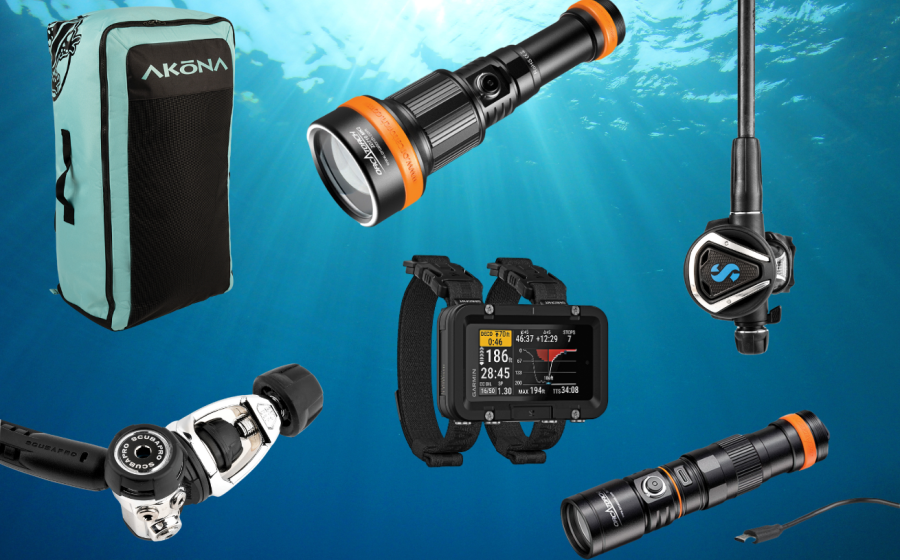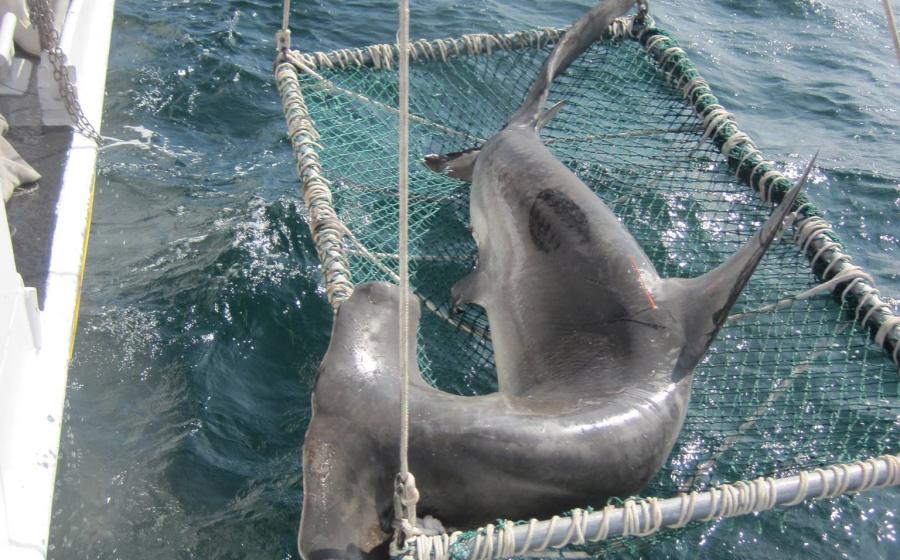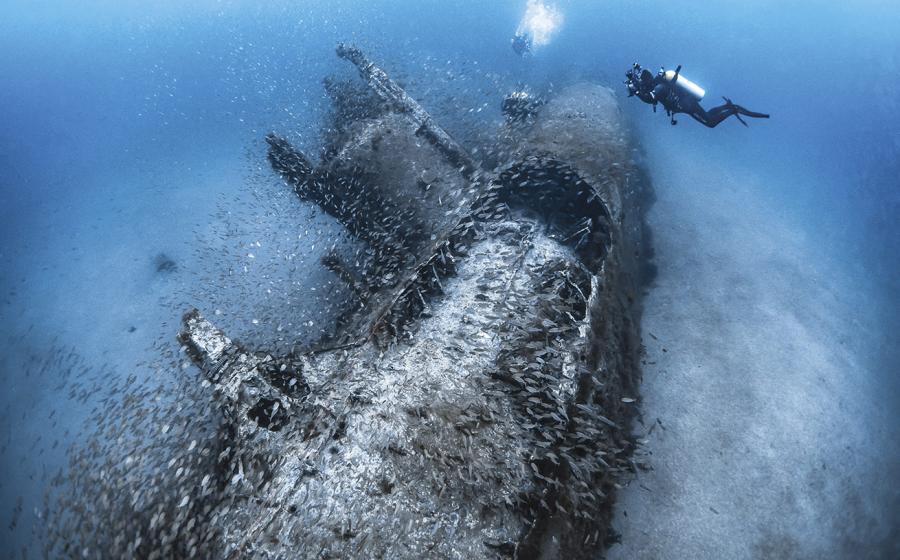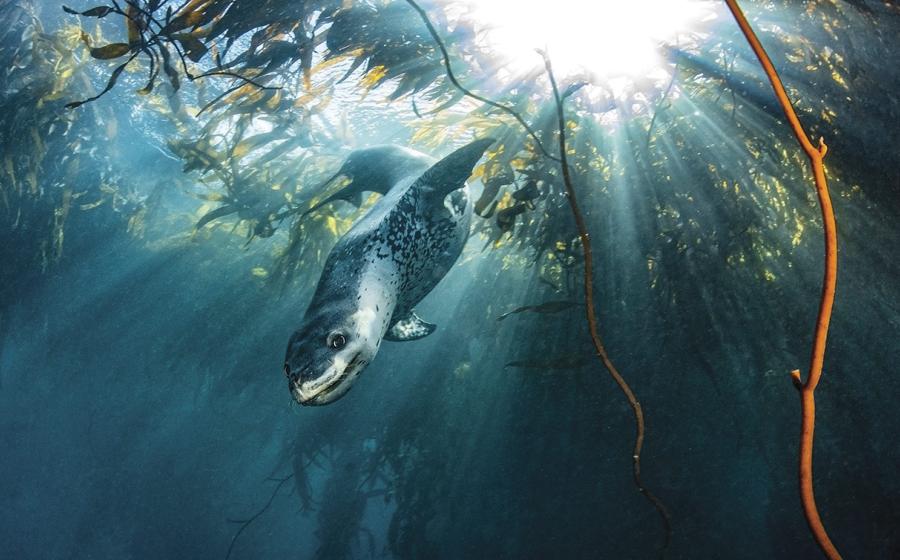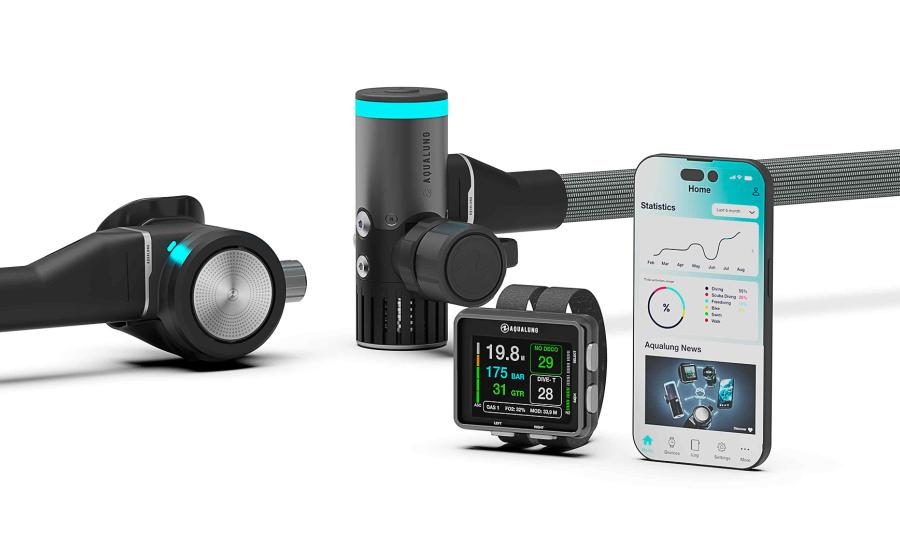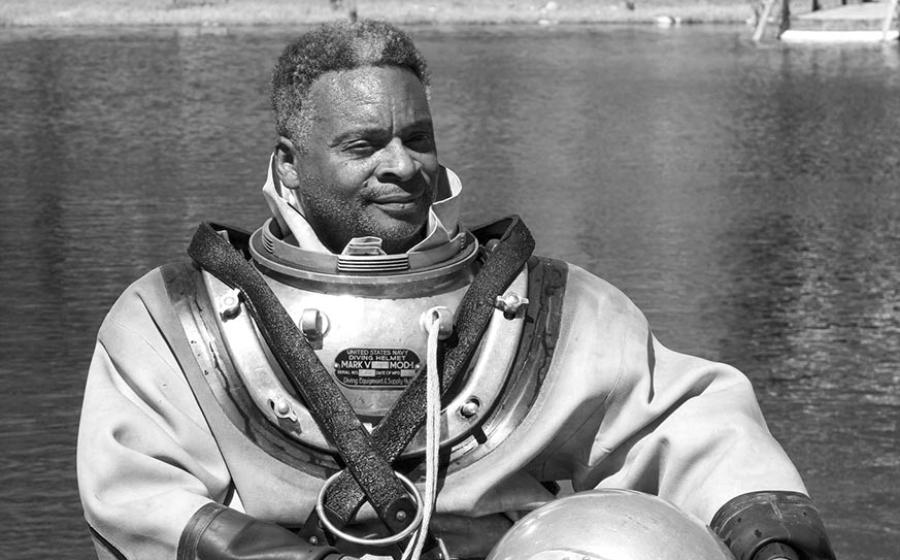Malaria: What to Know Before You Go
I'm planning a trip to the Dominican Republic in a few months. My doctor told me I need to take a prescription antimalarial drug. I've done some research, but I don't know which drug to use. What do you suggest?
- W. C. Carey, Orlando, Fla.
There is no risk for malaria if you're staying in a resort area in the Dominican Republic, but if you'll be visiting rural areas (or taking a side trip to Haiti), you'll need to take an antimalarial drug. Chloroquine (brand name Aralen) or hydroxychloroquine sulfate (brand name Plaquenil) are the drugs of choice for visitors to the D.R.
Malaria symptoms occur at least seven to nine days after a victim is bitten by an infected mosquito. Fever during the first week of travel in a malaria-risk area is unlikely to be malaria; however, any fever should be promptly evaluated.
Travelers who become ill with a fever or flu-like illness while traveling in a malaria-risk area and up to one year after returning home should seek prompt medical attention and should tell the physician their travel history.
Antimalarial Drugs: Know When To Take Them
Drugs to prevent malaria are available only by prescription through a health care provider. Your health care provider should prescribe your antimalarial based on your travel itinerary and medical history. Here's why: Some antimalarial drugs are more effective in some parts of the world than others. In addition, a medical condition may prevent you from taking certain drugs.
Drug - Mefloquine (brand name Lariam)
Dosage - 250 mg (one tablet) once a week--take the first dose one week before arrival, then once a week on the same day while in the malaria-risk area and once a week for four weeks after leaving. Take after eating.
Side Effects - Nausea, dizziness, difficulty sleeping and vivid dreams. Rarely reported to cause serious side effects, such as seizures, hallucinations and severe anxiety.
Recommended For Travel To - South America; Darien and San Blas provinces, including the San Blas Islands, in Panama; Africa; the Indian subcontinent; Asia and the South Pacific.
Drug - Doxycycline
Dosage - 100 mg once a day--take the first dose one or two days before arrival, then once a day at the same time each day while in the malaria-risk area and once a day for four weeks after leaving.
Side Effects - Increased risk of sunburn, vaginal yeast infection and nausea. Can cause permanent teeth staining in children under the age of eight. Do not take if pregnant.
Recommended For Travel To - South America; Darien and San Blas provinces, including the San Blas Islands, in Panama; Africa; the Indian subcontinent; Asia and the South Pacific.
Drug - Malarone (combination of atovaquone and proguanil)
Dosage - One tablet (250 mg atovaquone/100 mg proguanil) once a day--take the first dose one to two days before arrival, then once a day while in the malaria-risk area and once a day for seven days after leaving. Take at the same time each day with food or milk.
Side Effects - Side effects are rare, but abdominal pain, nausea, vomiting and headache can occur. Women who are pregnant or breastfeeding should not take Malarone.
Recommended For Travel To - South America; Darien and San Blas provinces, including the San Blas Islands, in Panama; Africa; the Indian subcontinent; Asia and the South Pacific.
Drug - Chloroquine (brand name Aralen)
Dosage - 500 mg chloroquine phosphate--take the first dose one week before arriving, then once a week on the same day while in the malaria-risk area and once a week for four weeks after leaving. Take after eating.
Side Effects - Side effects are rare, but nausea, vomiting, headache, dizziness, blurred vision and itching can occur.
Recommended For Travel To - Haiti; Dominican Republic; certain countries in Central America (Belize, Costa Rica, El Salvador, Guatemala, Honduras, Mexico, Nicaragua, Panama's Bocas del Toro province); the Middle East and Eastern Europe.
Drug - Hydroxychloroquine sulfate (brand name Plaquenil)
Dosage - 400 mg--take the first dose one week before arrival, then once a week on the same day while in the malaria-risk area and once a week for four weeks after leaving. Take after eating.
Side Effects - Side effects are rare, but nausea, vomiting, headache, dizziness, blurred vision and itching can occur.
Recommended For Travel To - Mexico, Haiti, Dominican Republic, certain countries in Central America, the Middle East and Eastern Europe.
Dive Med Essentials: The Mefloquine Controversy
The most commonly prescribed prophylactic for malaria is mefloquine, or Lariam. While all antimalarial drugs have some side effects, Mefloquine has been linked to disturbing side effects, including anxiety, dizziness, nausea and hallucinations. There have also been a few reports of seizures, frank psychosis and depression resulting in suicide attempts in people taking this medication. That this drug has effects on the central nervous system is not disputed; in fact, the manufacturer recommends that it not be used by anyone with a history of psychiatric illness or seizures.
While these severe side effects are seen almost exclusively in patients taking doses of 1,500 mg, the incidence of side effects such as dizziness, anxiety and nausea seen in patients taking the 250 mg weekly prophylactic dose is also of concern, particularly to divers. Divers should also be aware that some of these side effects mimic the symptoms of decompression illness.
With documented side effects such as confusion, anxiety and seizures, the dangers of diving while on this medication are obvious. Any effects felt on the surface might be exacerbated by the effects of increased nitrogen and oxygen partial pressures.
It should be noted that certain forms of malaria--particularly P. falciparum--have developed resistance to various antimalarial drugs. Because of this, if you are traveling to an area with this type of malaria, you'll have to take mefloquine--the disease is far worse than the side effects.
Loss of Hearing and Diving
I have read that hearing loss is very common among divers. Is this a sacrifice that I should be prepared to make to enjoy my new addiction?
- Toni Pavelka, Paso Robles, Calif.
This depends to a certain degree on how much difficulty you have in clearing your eustachian tubes as you descend and ascend. Difficulty in clearing can cause middle and inner ear damage and hearing loss. This does not always occur, however, and most hearing loss is in commercial divers who are subjected to noise and the changes that take place with clearing difficulties.
Learning to clear is a must for any kind of diving due to the effects of Boyle's Law on the ear. Clearing techniques must be learned or the diver is headed for deafness, ringing in the ear (tinnitus) or dizziness.
Answers to questions are offered as information only and not as medical diagnosis or advice and should always be used in conjunction with advice from your personal diving physician.
Please send your dive medicine questions to RSD, 6600 Abercorn St., Suite 208, Savannah, GA 31405. Fax: (912) 351-0735. E-mail: [email protected].
Ernest S. Campbell, M.D., FACS, makes his home in Orange Beach, Ala. He is a retired surgeon, avid diver and webmaster of "Diving Medicine Online" (www.scuba-doc.com).
I'm planning a trip to the Dominican Republic in a few months. My doctor told me I need to take a prescription antimalarial drug. I've done some research, but I don't know which drug to use. What do you suggest?
- W. C. Carey, Orlando, Fla.
There is no risk for malaria if you're staying in a resort area in the Dominican Republic, but if you'll be visiting rural areas (or taking a side trip to Haiti), you'll need to take an antimalarial drug. Chloroquine (brand name Aralen) or hydroxychloroquine sulfate (brand name Plaquenil) are the drugs of choice for visitors to the D.R.
Malaria symptoms occur at least seven to nine days after a victim is bitten by an infected mosquito. Fever during the first week of travel in a malaria-risk area is unlikely to be malaria; however, any fever should be promptly evaluated.
Travelers who become ill with a fever or flu-like illness while traveling in a malaria-risk area and up to one year after returning home should seek prompt medical attention and should tell the physician their travel history.
Antimalarial Drugs: Know When To Take Them
Drugs to prevent malaria are available only by prescription through a health care provider. Your health care provider should prescribe your antimalarial based on your travel itinerary and medical history. Here's why: Some antimalarial drugs are more effective in some parts of the world than others. In addition, a medical condition may prevent you from taking certain drugs.
Drug - Mefloquine (brand name Lariam)
Dosage - 250 mg (one tablet) once a week--take the first dose one week before arrival, then once a week on the same day while in the malaria-risk area and once a week for four weeks after leaving. Take after eating.
Side Effects - Nausea, dizziness, difficulty sleeping and vivid dreams. Rarely reported to cause serious side effects, such as seizures, hallucinations and severe anxiety.
Recommended For Travel To - South America; Darien and San Blas provinces, including the San Blas Islands, in Panama; Africa; the Indian subcontinent; Asia and the South Pacific.
Drug - Doxycycline
Dosage - 100 mg once a day--take the first dose one or two days before arrival, then once a day at the same time each day while in the malaria-risk area and once a day for four weeks after leaving.
Side Effects - Increased risk of sunburn, vaginal yeast infection and nausea. Can cause permanent teeth staining in children under the age of eight. Do not take if pregnant.
Recommended For Travel To - South America; Darien and San Blas provinces, including the San Blas Islands, in Panama; Africa; the Indian subcontinent; Asia and the South Pacific.
Drug - Malarone (combination of atovaquone and proguanil)
Dosage - One tablet (250 mg atovaquone/100 mg proguanil) once a day--take the first dose one to two days before arrival, then once a day while in the malaria-risk area and once a day for seven days after leaving. Take at the same time each day with food or milk.
Side Effects - Side effects are rare, but abdominal pain, nausea, vomiting and headache can occur. Women who are pregnant or breastfeeding should not take Malarone.
Recommended For Travel To - South America; Darien and San Blas provinces, including the San Blas Islands, in Panama; Africa; the Indian subcontinent; Asia and the South Pacific.
Drug - Chloroquine (brand name Aralen)
Dosage - 500 mg chloroquine phosphate--take the first dose one week before arriving, then once a week on the same day while in the malaria-risk area and once a week for four weeks after leaving. Take after eating.
Side Effects - Side effects are rare, but nausea, vomiting, headache, dizziness, blurred vision and itching can occur.
Recommended For Travel To - Haiti; Dominican Republic; certain countries in Central America (Belize, Costa Rica, El Salvador, Guatemala, Honduras, Mexico, Nicaragua, Panama's Bocas del Toro province); the Middle East and Eastern Europe.
Drug - Hydroxychloroquine sulfate (brand name Plaquenil)
Dosage - 400 mg--take the first dose one week before arrival, then once a week on the same day while in the malaria-risk area and once a week for four weeks after leaving. Take after eating.
Side Effects - Side effects are rare, but nausea, vomiting, headache, dizziness, blurred vision and itching can occur.
Recommended For Travel To - Mexico, Haiti, Dominican Republic, certain countries in Central America, the Middle East and Eastern Europe.
Dive Med Essentials: The Mefloquine Controversy
The most commonly prescribed prophylactic for malaria is mefloquine, or Lariam. While all antimalarial drugs have some side effects, Mefloquine has been linked to disturbing side effects, including anxiety, dizziness, nausea and hallucinations. There have also been a few reports of seizures, frank psychosis and depression resulting in suicide attempts in people taking this medication. That this drug has effects on the central nervous system is not disputed; in fact, the manufacturer recommends that it not be used by anyone with a history of psychiatric illness or seizures.
While these severe side effects are seen almost exclusively in patients taking doses of 1,500 mg, the incidence of side effects such as dizziness, anxiety and nausea seen in patients taking the 250 mg weekly prophylactic dose is also of concern, particularly to divers. Divers should also be aware that some of these side effects mimic the symptoms of decompression illness.
With documented side effects such as confusion, anxiety and seizures, the dangers of diving while on this medication are obvious. Any effects felt on the surface might be exacerbated by the effects of increased nitrogen and oxygen partial pressures.
It should be noted that certain forms of malaria--particularly P. falciparum--have developed resistance to various antimalarial drugs. Because of this, if you are traveling to an area with this type of malaria, you'll have to take mefloquine--the disease is far worse than the side effects.
Loss of Hearing and Diving
I have read that hearing loss is very common among divers. Is this a sacrifice that I should be prepared to make to enjoy my new addiction?
- Toni Pavelka, Paso Robles, Calif.
This depends to a certain degree on how much difficulty you have in clearing your eustachian tubes as you descend and ascend. Difficulty in clearing can cause middle and inner ear damage and hearing loss. This does not always occur, however, and most hearing loss is in commercial divers who are subjected to noise and the changes that take place with clearing difficulties.
Learning to clear is a must for any kind of diving due to the effects of Boyle's Law on the ear. Clearing techniques must be learned or the diver is headed for deafness, ringing in the ear (tinnitus) or dizziness.
Answers to questions are offered as information only and not as medical diagnosis or advice and should always be used in conjunction with advice from your personal diving physician.
Please send your dive medicine questions to RSD, 6600 Abercorn St., Suite 208, Savannah, GA 31405. Fax: (912) 351-0735. E-mail: [email protected].
Ernest S. Campbell, M.D., FACS, makes his home in Orange Beach, Ala. He is a retired surgeon, avid diver and webmaster of "Diving Medicine Online" (www.scuba-doc.com).

